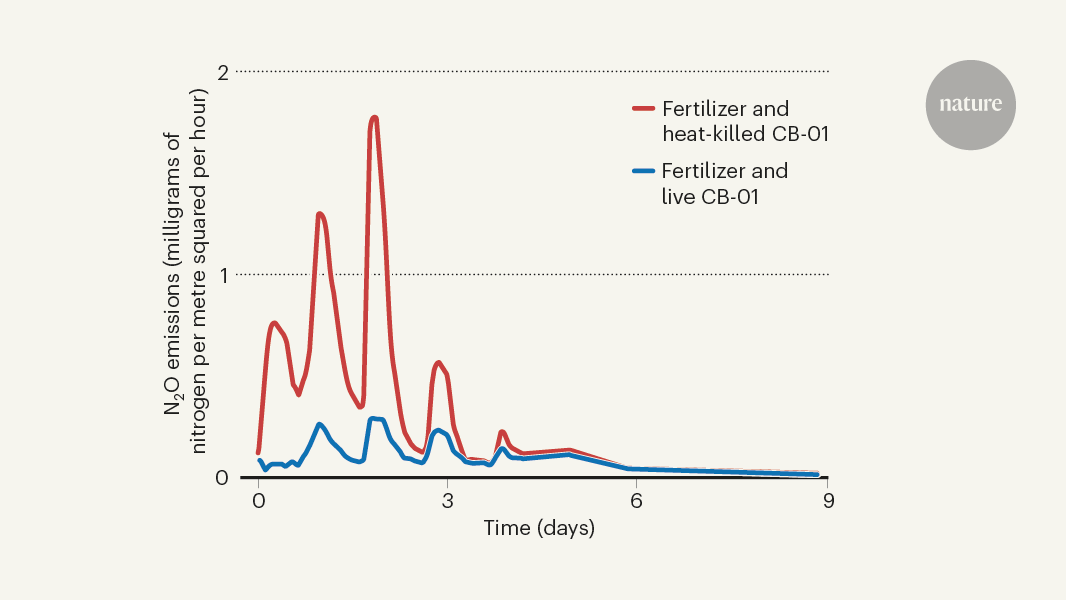“We need help. We need help on the federal side. We need more people coming in. We need more resources. We need more air support. We need more people and more boots on the ground in order to make this a more fair fight in terms of fighting these fires,” Nevada Gov. Steve Sisolak said in a joint news conference with California Gov. Gavin Newsom Wednesday.
The Tamarack Fire is one of 81 large wildfires currently burning in the US, mostly in the West.
“Inevitably, there will be more of these,” Newsom said at the news conference.
In California, six active wildfires have burned 347,616 acres. This year’s devastating fire season in California has scorched close to four times the number of acres as this time last year.
Firefighters in the area got some relief this week thanks to a break in the heat and light rain.
“The cooler temperatures and precipitation yesterday were a welcome change,” said incident meteorologist Chris Foltz in the daily update on InciWeb. More than half an inch of rain fell on parts of the fire, Foltz said. “Not all areas of the fire received rain, but overall the cooler, more humid conditions are beneficial for the firefighting crews.”
Crews remain on guard as warmer temperatures will return and the humidity will drop over the next few days, according to InciWeb.
Wildfires devastate homes and swaths land
So far this year, wildfires in the US have burned more than three million acres — that’s the size of Delaware and Rhode Island combined and then some.
And the impact on communities has been devastating.
The Bootleg Fire has destroyed more than 400 structures and 340 vehicles so far, according to a statement on InciWeb.
The fire, which has burned 220,012 acres in northern California, was 23% contained as of late Wednesday, according to InciWeb.
Flames from the Dixie Fire overcame much of the town of Indian Falls, which sits along CA-89 in California’s Plumas National Forest, northwest of Reno, Nevada.
An estimated 18 of 25 full time homes in Indian Falls were lost in the fire, Sheriff Todd Johns told CNN in an email.
And the Tamarack Fire, which straddles the California-Nevada border, has destroyed or damaged nearly 30 structures, including homes, according to Mike DeFries, an information officer with the incident management team.
As the fire’s containment inches toward 60%, evacuation orders have been lifted for residents in the area. Much of the area where the fire remains uncontained is in very steep, tough-to-access areas, which are often too dangerous for ground crews to reach, DeFries said.
Congressional leaders talk climate change as fires rage
“We are surrounded by evidence of the climate crisis — the fires out West, the heat waves, the floods,” Senate Majority Leader Chuck Schumer said Wednesday at a news conference. “Everywhere you look, because of global warming, things are getting worse and worse.”
Schumer added that the raging wildfires might be signaling even worse situations in the future.
“If we do nothing on climate, starting within a few short years from now, each year will be worse than Covid and each year will be worse than the previous year. We know that we can’t let this moment pass us by.”
Some House Democrats are growing frustrated with the slow pace of the Senate’s negotiations, given the extreme weather and drought in the West.
“We just do not have time to waste,” Rep. Kathy Castor, the chair of the House Select Committee on the Climate Crisis, told CNN. “You can kind of sense my frustration with the legislative process, and I think I reflect the frustration of millions of Americans who understand that clean energy is less expensive and it is the pathway forward for tackling climate change. We’ve got to meet our scientific imperative to cut carbon pollution dramatically.”
CNN’s Cheri Mossburg and Ella Nilsen contributed to this report.






More News
Hong Kong to Rule on Democracy Activists in Largest National Security Trial
Trump’s Fate Is Now in the Hands of the Jury
Opinion | Less Marriage, Less Sex, Less Agreement